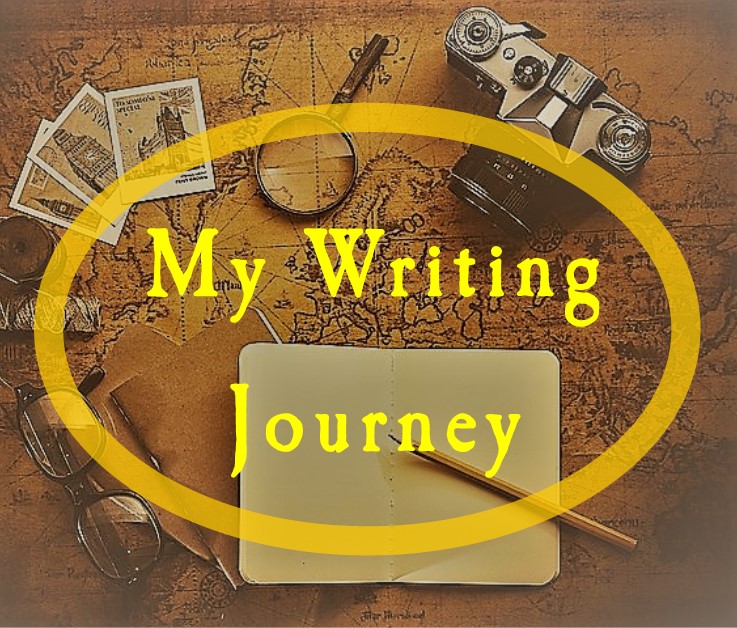
War’s Respite and Love’s Kindling by Elaine Cooper
New from A3 Columnist Elaine Cooper. It’s exciting to have one book release, but Elaine has two! War’s Respite…
January 30, 2019
New from A3 Columnist Elaine Cooper. It’s exciting to have one book release, but Elaine has two! War’s Respite…
January 30, 2019
If you are an author, a human being writing for other human beings, you have been blessed with a…
January 12, 2019
Lots of people aspire to be writers. Not so many do the work to become one. The fact that…
August 8, 2018
I loved books before I could read and scribbled thoughts before I could write. Throughout my childhood, crayons, pens,…
August 3, 2018
It’s time for another Third Anniversary Throwback Thursday. One of our goals at Almost an Author is to encourage…
July 12, 2018
Have you ever been told you are not enough? For whatever reason and no matter who you hear it…
June 16, 2018
I know about new writer pitfalls first hand. When my first book was written in 2009, the publishing industry…
August 25, 2017
There it is again—another interruption. If it’s not the screaming baby needing to be fed, it’s the dog demanding…
November 6, 2015